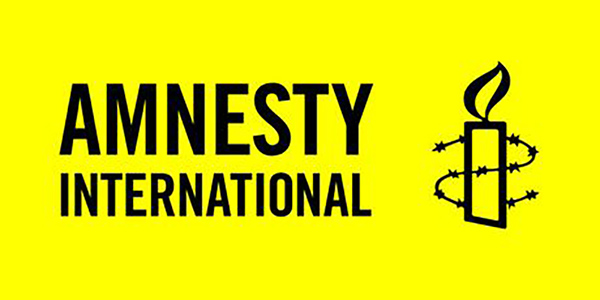The COVID-19 pandemic has exposed and exacerbated the longstanding neglect of mental health services for refugees and migrants, Amnesty International said today. The organization said the international community had broken the promise, enshrined in international law, to ensure the highest attainable standard of mental health for everyone.
“A tiny fraction of the international health aid budget is devoted to mental health, and refugees and migrants are often cut off from even the scarce services available. It’s clear that the mental health of people seeking safety has never been a priority for the international community – this needs to change,” said Charlotte Phillips, Head of the Refugee and Migrant Rights Team at Amnesty International.
“Asylum seekers, refugees and migrants, many of whom already face barriers to housing, employment and healthcare, have been hit particularly hard by the COVID-19 crisis. The longstanding failure of most governments to provide adequate mental health services for refugees and migrants means they are facing the uncertainty and isolation of the pandemic without support.”
Amnesty International is calling on all governments to remove barriers that prevent refugees and migrants from accessing mental health services and support. Wealthier countries must also increase support to lower income countries, to ensure that the most marginalized people in society are receiving the support they are entitled to.
Abusive policies exacerbating suffering
The COVID-19 pandemic has strained health systems at a time when social isolation, socio-economic decline and unemployment mean mental health services are needed more than ever. This affects citizens and long-term residents as well as people on the move.
However, the mental health needs of refugees, many of whom have survived terrible ordeals, can be significantly different than those of the rest of the population.
Instead of supporting the wellbeing of refugees and migrants, many of whom also face racism, hostility, poverty and unemployment in host countries, many governments have pursued abusive policies and practices which have had a well-documented harmful impact on mental health.
For example, Australia’s deliberatively punitive policy of detaining asylum seekers in Nauru led to a high incidence of suicide attempts and self-harm. In the US, Amnesty International found that family separation policies have inflicted such severe mental suffering that they amount to torture.
Lack of data illustrates neglect
There is very little recent data on the availability of mental health services for refugees and migrants. This is a problem in itself, breaching states’ obligations to monitor their compliance with the duty to provide accessible mental health services for everybody, and illustrates how severely the mental health needs of refugees and migrants have been neglected.
The information that is available makes it clear that services are wholly inadequate. The vast majority (85%) of the world’s refugees live in low-or middle-income countries. The annual median per capita funding for all mental health services in these countries is deeply inadequate, ranging from USD 0.02 in low-income countries to USD 1.05 in lower-middle income countries.
Moreover, high-income countries are failing to support less wealthy nations in their efforts to provide mental health services to their populations. Between 2007 and 2013, only 1% of the world’s budget for international health aid was devoted to mental health. On top of this, many countries use immigration status to determine whether people can access health services, further obstructing access for refugees and migrants.
Amnesty International is calling on all governments to ensure that their health policies fully integrate refugees and migrants, whilst also ending migration policies and practices that violate human rights and cause mental distress, such as separating families and detaining children. Where lower income countries lack the resources and capacity to respect, protect and fulfil the right to health of people in their jurisdictions, wealthier states must respond and provide the necessary support.
“The emotional impact of the pandemic will be felt for years to come. We call on all governments to ensure adequate mental health services are available to anyone who needs them, including refugees and migrants,” said Charlotte Phillips.
“Any system of mental health care and treatment which excludes whole groups of society such as refugees and migrants is not fit for purpose.”













